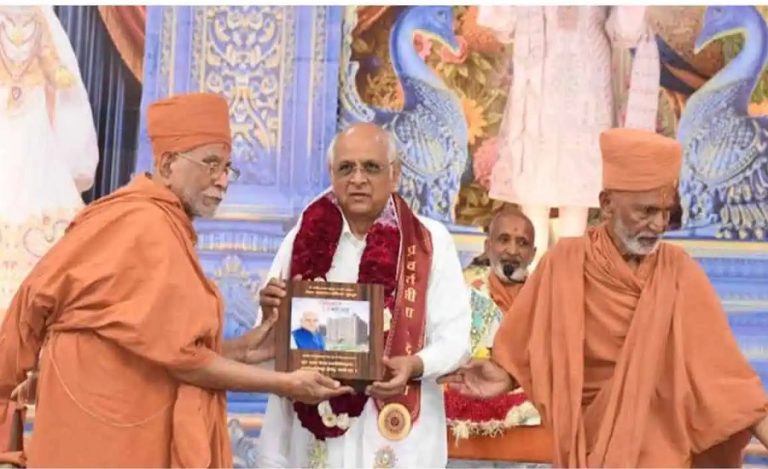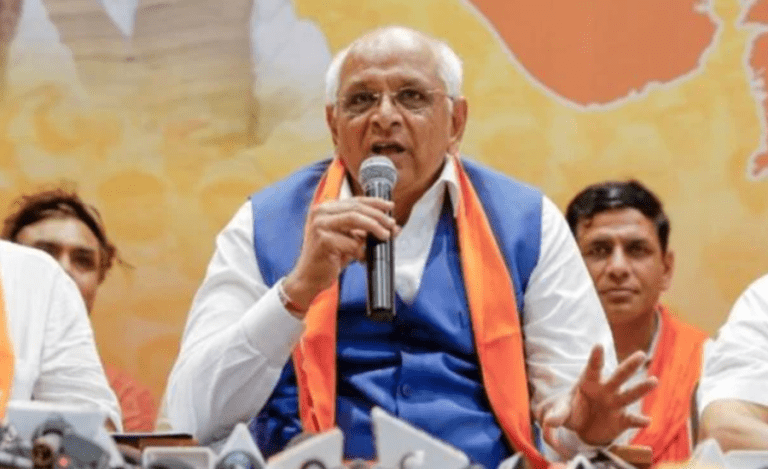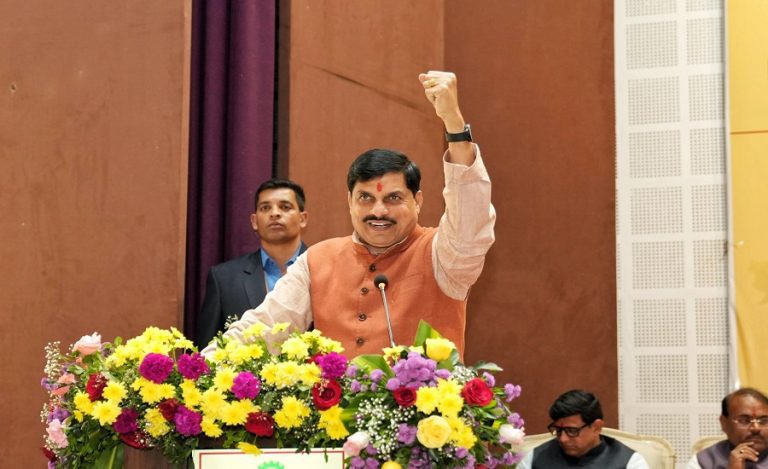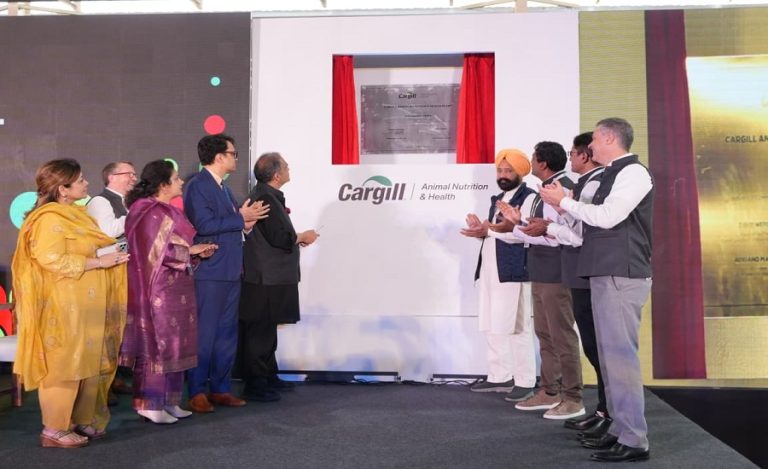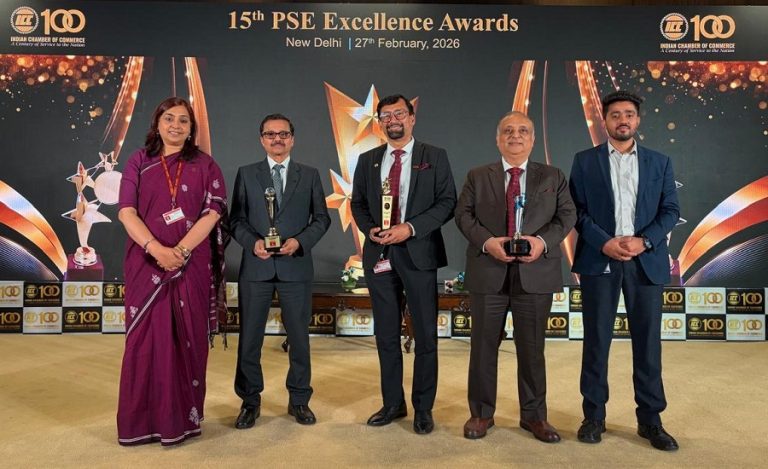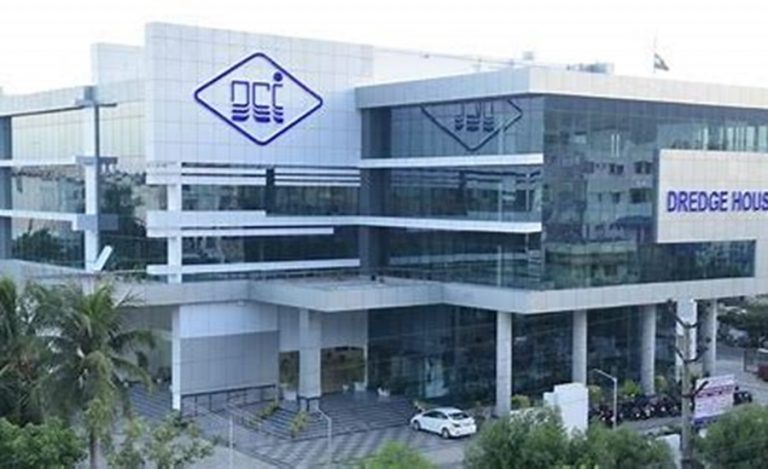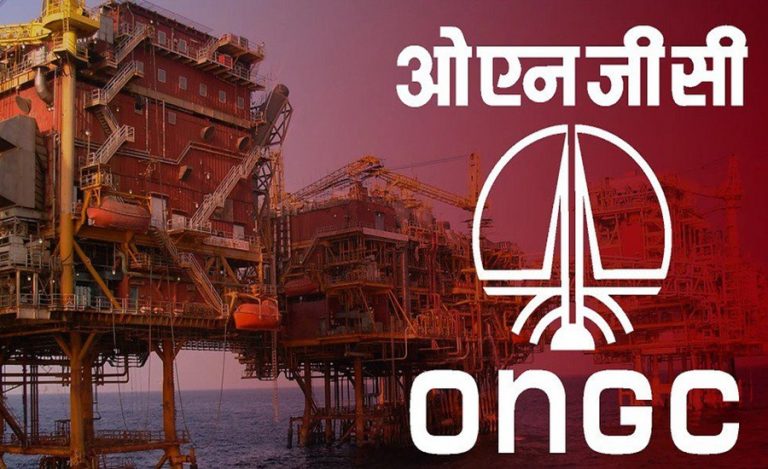While gracing the momentous World Hydrogen Summit 2024 in Rotterdam, Netherlands, on May 15, the Secretary in the Ministry of New & Renewable Energy, Mr. Bhupinder Singh Bhalla (1990 batch IAS officer), upheld India’s strategic vision and capabilities in the domain of renewable energy and green hydrogen production. Mr. Bhalla underscored the comprehensive nature of the National Green Hydrogen Mission, comprising components such as pilot projects, research and development (R&D) initiatives, and skill development programs.
“This holistic approach reflects the government’s commitment to fostering innovation, collaboration, and capacity-building across the hydrogen value chain. Moreover, the Mission’s focus on piloting projects and advancing R&D underscores India’s commitment to nurturing a vibrant ecosystem for green hydrogen technologies, fostering the emergence of cutting-edge solutions and best practices,” said the Secretary. He also mentioned how India presents an attractive landscape for domestic and international investments in renewable energy projects, aligning with the nation’s commitment to transitioning towards sustainable energy sources through its competitive pricing.
He observed, “With world-class expertise in engineering, procurement, and construction (EPC) services, India offers a robust talent pool capable of executing projects with efficiency and precision. This availability of skilled personnel at a reasonable cost further enhances India’s competitiveness in the global market for green hydrogen production.”
The Secretary assured the World Hydrogen Summit delegates of India’s capability to meet any scale of production demand for green hydrogen, provided there is sufficient market demand and support. This confidence stems from India’s robust renewable energy deployment strategy, as outlined in its Nationally Determined Contributions (NDC). Highlighting the rapid scale-up of renewable energy infrastructure in the country, the Secretary informed the audience that approximately 43% of India’s current installed electricity capacity is from non-fossil-fuel sources, with projections indicating a rise to 50% by 2030.
The National Green Hydrogen Mission, a flagship project undertaken by the Government of India, is aimed at fostering the development and adoption of green hydrogen technologies in India. With a target of establishing 5 million tonnes of annual green hydrogen production capacity by 2030, the mission represents a significant step towards realizing India’s ambitions in the hydrogen economy. The Government has made substantial progress in this regard, having awarded tenders for incentives to support green hydrogen production of a total of 412,000 tonnes per annum. Additionally, tenders have been awarded for the establishment of electrolyser manufacturing capacity amounting to 1,500 MW per annum, further bolstering India’s capacity to produce green hydrogen on a large scale.



